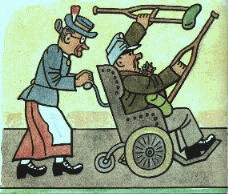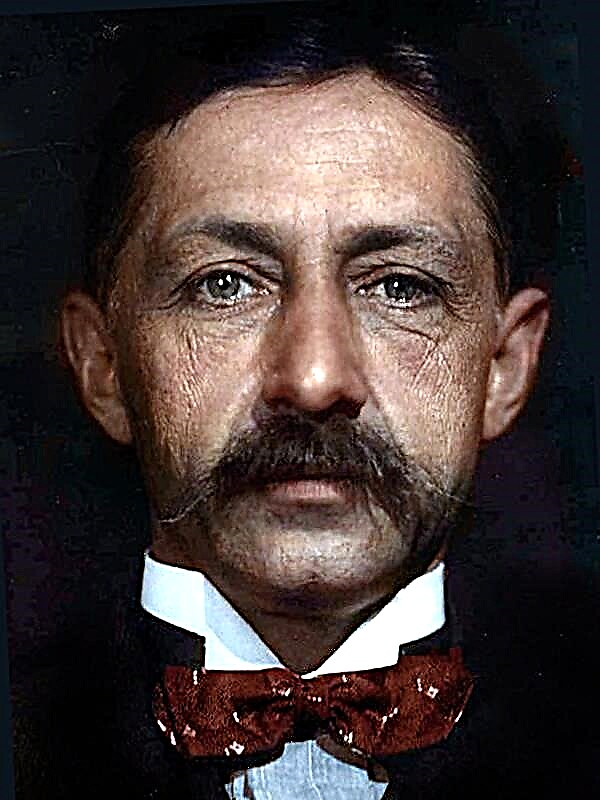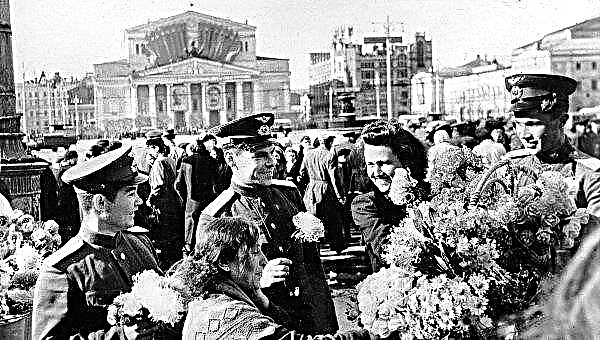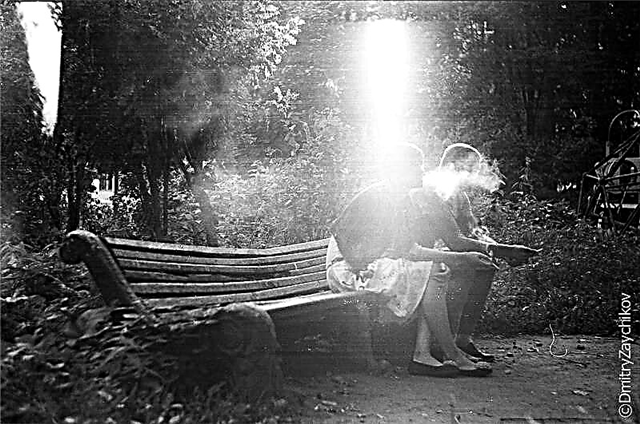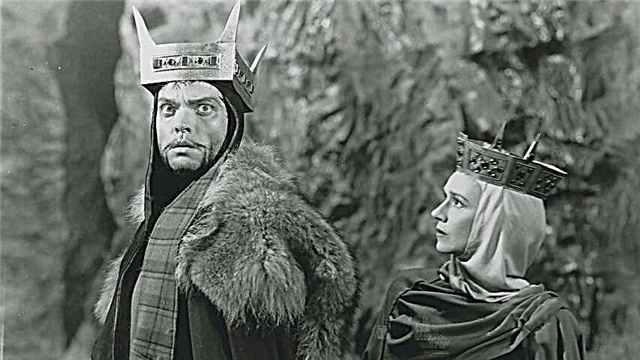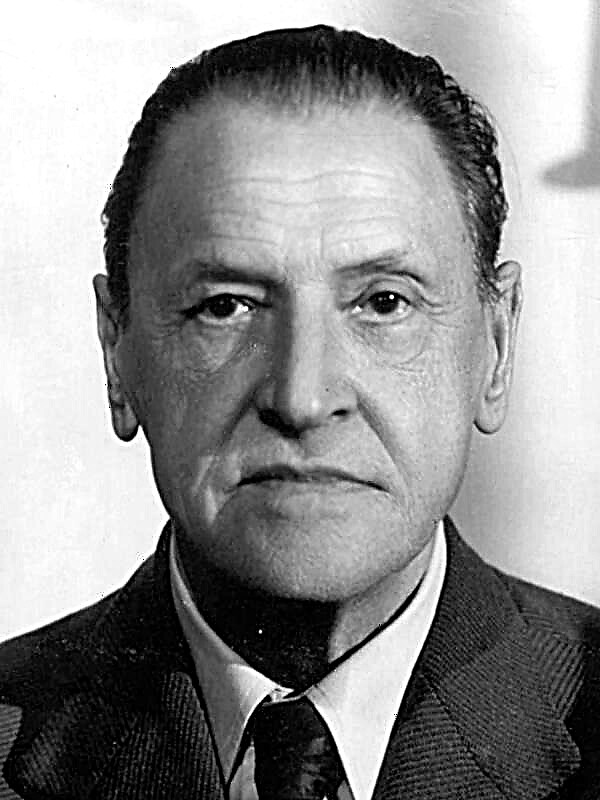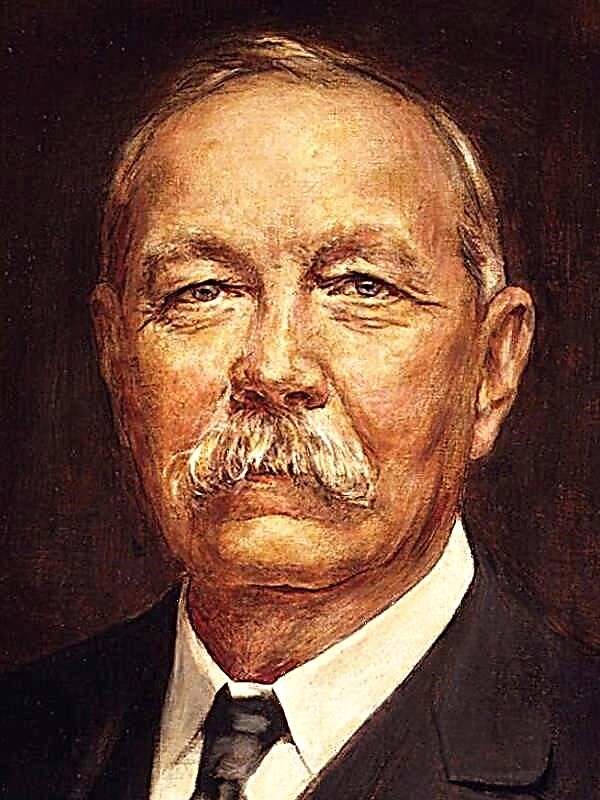(309 words) The play "The Cherry Orchard" is filled with numerous characters. If the garden is a model of Russia, then all the characters are a reflection of the estates and their relationships. Chekhov created the work in an era when the influence of the intelligentsia was weakening. Observing the reaction and behavior of people of different ages and financial situation, the writer portrayed this situation in drama. He decided to divide the actors into representatives of the past, present and future. At the same time, there are no positive or negative characters in the work, because each combines both of these qualities.
The characters that personify the past generation include the nobles Gaev and Ranevskaya - the owners of the estate with a cherry orchard, as well as the old servant Firs. Brother and sister appear as people who are not fit for life, they cannot serve themselves, without a servant. Leonid Andreevich only idle talk, no one takes him seriously. Lyubov Andreevna cannot competently manage property and provide her daughters with proper education. However, both heroes honor traditions and are able to see the beautiful among blooming cherries. Their servant Firs is the only loyal hero of the play, but with the onset of change, he is no longer needed.
Lopakhin refers to the type of people whose influence in the Chekhov era intensified and strengthened. He does not care about the beauty and grandeur of the garden, although he sincerely wanted to help Ranevskaya keep the estate. The hero is more practical than the nobles, and seeks to make money on everything he sees. The author emphasizes the active principle of Lopakhin. His work brings him the necessary capital. Despite this, Chekhov fears that the material values of such people will become higher than spiritual ones.
The future generation includes Anna, the daughter of Ranevskaya, and Petya Trofimova, the “eternal student”. They are young, their thoughts are progressive, therefore, according to Chekhov, the future lies with them. However, the author does not completely sympathize with these characters. Anna, although sincerely wants to replace the old garden with a new one, more luxurious than the previous one, absolutely does not honor the experience of past years. Petya rants a lot. His thoughts are sound, but he does not commit real actions. So, the writer does not rush to entrust the future of Russia to people who can only criticize, but not offer new solutions.

